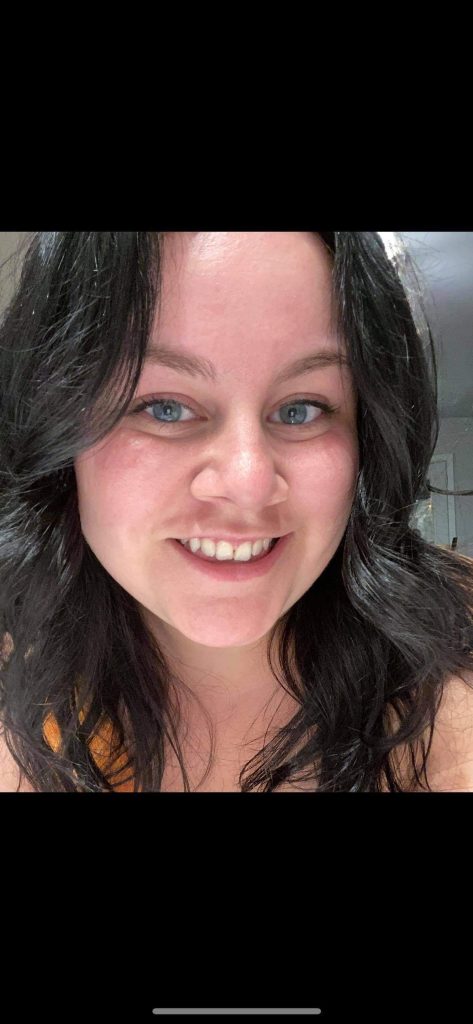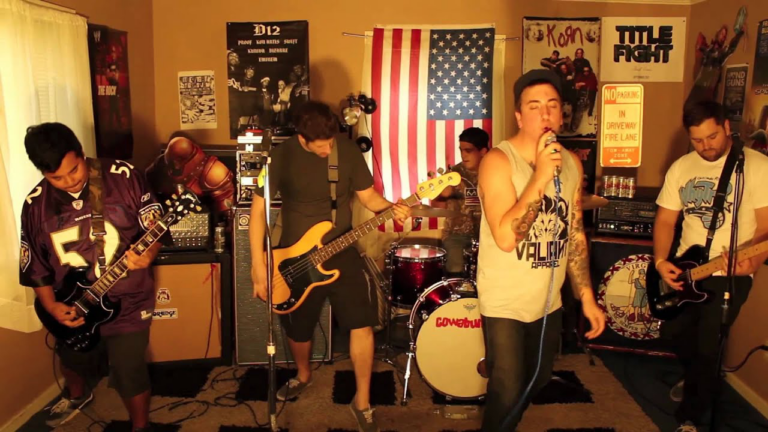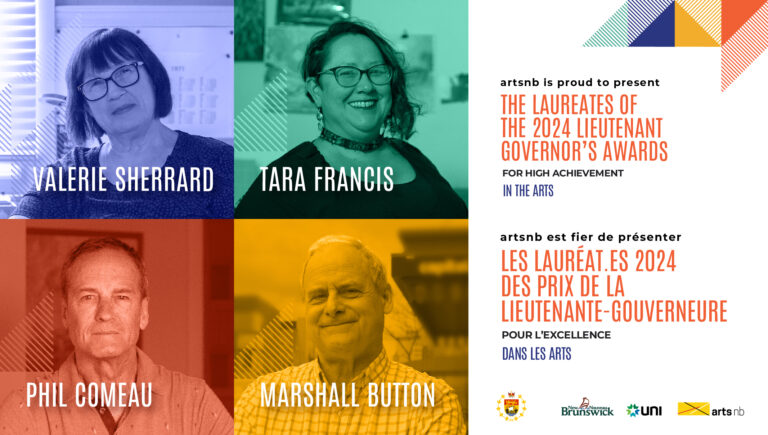Danielle Doucet is a 4th year Mi’kmaq student from the Burnt Church First Nation, a reserve in Northern New Brunswick. She studies at St. Thomas University and is double majoring in Criminology and Psychology with a minor in Native Studies.
I wanted to learn about her thoughts, feelings, and views in the context of her Indigenous heritage. But given the loaded histories involved with these ideas, I found it very difficult to structure her interview. I wanted to keep my voice as absent as possible to avoid unintentionally stunting the dialogue.
I chose to deviate from a standard interview format and did not ask Danielle specific questions. Rather, I proposed certain topics that I thought we could have open-ended discussions around, and explained that I would tailor the structure of my article to anything she wanted to share about herself.
At this point, I wasn’t hoping to glean anything specific from talking with her; I simply wanted to create a space where she wouldn’t feel dictated into sharing only certain things.
The result felt more like a memoir than standard journalistic ‘content’ to me. It was clear that using a conceptual umbrella to encompass her wouldn’t have worked to try to understand her perspectives. She needed to let her thoughts go where they wanted.
1 – Doucet on identity:
“I obviously am extremely white-passing, without a doubt. And even being white-passing, whenever people know that I’m Native, [I] can still feel the difference. I haven’t experienced everything as a visibly Indigenous person does, especially being on and off the reserve. My father is the one that’s Indigenous. My mother is white. She’s Acadian. So I grew up in a French school, learning a lot about the Acadians and whatnot. I’m from a predominantly French community. Down home, there’s a lot of English versus French versus Native. Growing up, I didn’t know my father till I was 11 and […] we’re only starting to build a relationship now that I’m 26, so the relationship and connection with my culture wasn’t really there. My mom always lived on [the] reserve, because her boyfriends were always Native. But when I was growing up, nobody knew who my father was, so to them, I wasn’t Native at all. I would always be told that I don’t belong there, because my sister’s father – this is confusing [because] we actually [know now that we] do have the same father – growing up was Native and we would go to the zoo, and we always did things together. When I would go to family events when I was young, I would get told that I don’t belong there, like ‘what is she doing here?’
“So, only now that I’m in university I’m connecting to my culture and heritage, because growing up, obviously, I felt like I didn’t belong. I was raised with my white grandparents, which my grandmother [wasn’t] too fond of […] and so I grew up in a house that didn’t really like Native people, although three of her grandchildren are Native. She’s better now but when I was a kid, it was different. It’s weird, because I grew up around [Native people] but didn’t face necessarily the same issues as them. Because growing up, whenever I would live with my mother […] my best friend couldn’t come over, none of my friends could come see me on the reserve just because I lived on the reserve.
“I know that it’s hard to overcome those feelings because they were drilled into me at such a young age. It takes work to come over it. I did go see one of the Indigenous counselors, and she said, ‘you don’t need to do all these things to be a good Indigenous woman. You don’t need to know how to smudge properly. You can try smudging by yourself. You don’t need to know the prayers in the language. You can just smudge for yourself, just to be connected.’ And I agree, it’s just that it’s still a barrier for me right now.”
2 – Doucet on growing up on Burnt Church First Nation reserve, NB:
“I’ve been told Burnt Church has a lot of bad history, which I didn’t know about. Apparently there’s a lot of mystery. I was talking to my aunt the other day – I don’t know who she was talking to – but [they were] saying how they would never want to go to Burnt Church. She was like, ‘oh, like, why is that?’ and they said, well, there’s so many unsolved cases down there. And we’re like, what? Apparently there’ve been a few people that just went missing or were killed without any resolution. I guess nobody figured out how or why. They would just fall off the porch magically. Apparently down home is not the best place. I didn’t know that. Well, like I mean, I knew it was worse than other reserves but not to that extent. I mean, we do struggle with a lot of drugs. Apparently, one of my cousins wrote a book about the mysteries or untold mysteries of the Miramichi and there’s a lot of Burnt Church cases in it.
“It’s a lot of mental health issues, trauma, like people grow up differently. Just experiencing the difference between me, my sister. My sister grew up predominantly on [the] reserve, and I grew up predominantly off [the] reserve and she struggles with addiction, doesn’t have custody of any of her kids, struggles to keep relationships, and I think it has a lot to do with ADHD, trauma, like just things that she’s not dealing with and obviously looks to the drugs to do that. And obviously, a lot of people are doing that. Their kids see that. But, you’re raised around it and that’s kind of what you know and everybody around you is kind of going through something similar so there’s no escape.
“My dream is to open a youth home on my reserve. That’s what I want to do. I started at a youth home, and I’m working with St. Mary’s with helping hands, which is in-home childcare. Depending on the parents, or the family and their needs, they get three to six hours a week of childcare, which is big to some of these parents because they don’t have support. Most of them are single mothers that don’t have the time to go out and do what they need to do. I would like to provide on-site counselling services, and provide youth with valuable life skills of thriving as an Indigenous person in today’s society. [I want to] educate them on their history, to be proud of being Indigenous, to thrive for their ancestors, and provide spiritual support and healing.”
3 – Doucet on justice and allyship:
“I feel like [for] criminal cases involving Indigenous people, there should be Indigenous lawyers or judges involved. In Saskatchewan, this farmer shot an Indigenous man in the back of the head. He was young – he was 22 – but he wasn’t charged with murder or manslaughter. He was acquitted because the kid was on his property. It’s so annoying because there’s [another] case that I know in Canada of this kid who was cleaning his gun in the house and accidentally shot his grandmother, and he got sentenced with murder. But [when] somebody intentionally shoots at an individual and kills them […] they get off with it. That’s ridiculous to me.
“It’s kind of like the Black Lives Matter movement. It’s fun to be a part of something on social media, but it’s different to do it in real life. What […] you [are] doing to make a difference, to make a change, or to bring it to further attention.”
When the interview ended, Danielle said that she was concerned she “didn’t give me enough.” I disagreed entirely: she gave me something personal – her true lived experience. I was struck by her insecurities around her sense of being “not fully Indigenous.” Those things hit close to home for me, and I feel closer to understanding her and potentially other people with similar histories.




